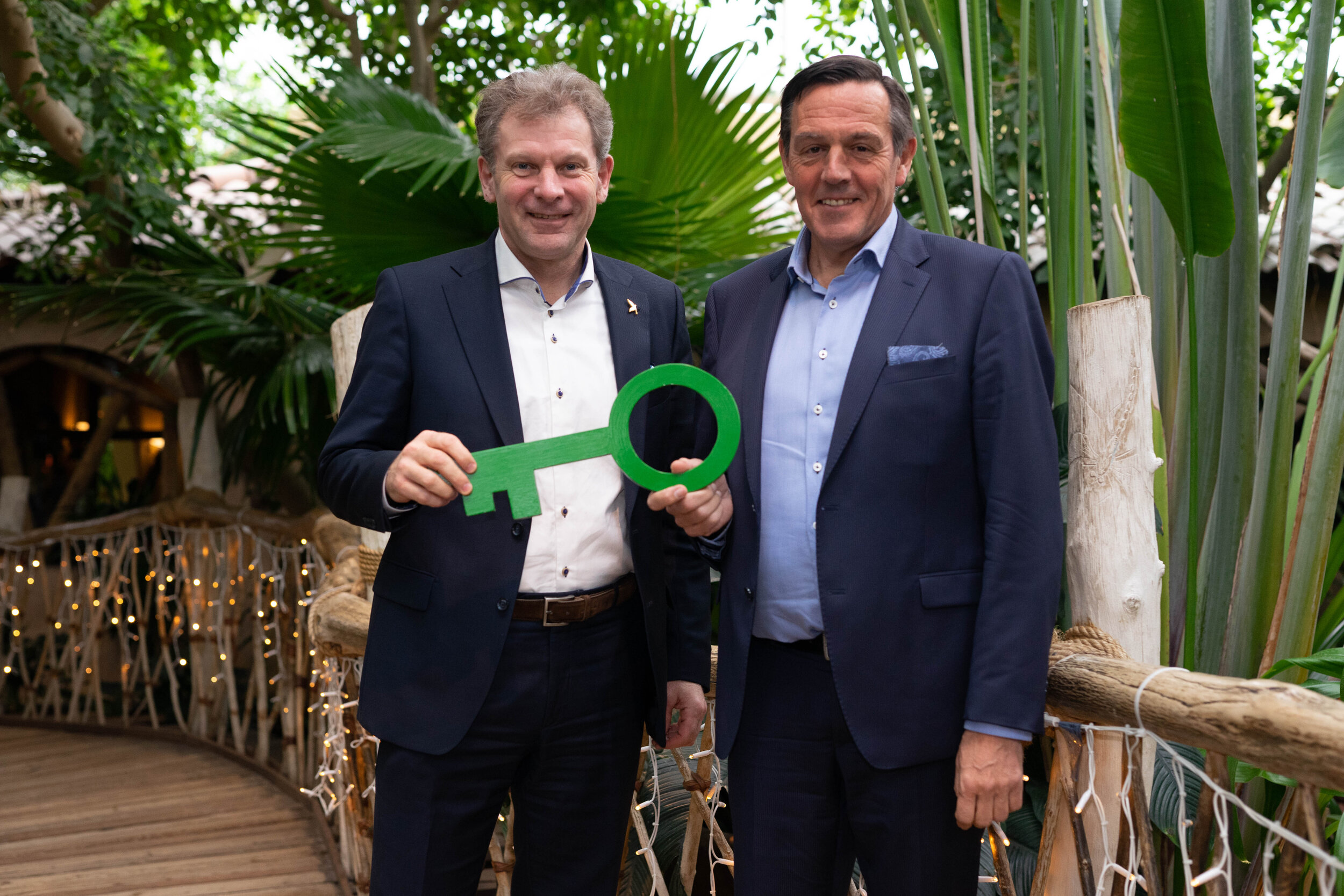TUI Group works with all Global Sustainable Tourism Council (GSTC) recognised certification programmes, and TUI Group will on some of its websites highlight Green Key awarded establishments.
Elounda Beach Hotel Viilas, Greece
TUI is the world’s leading tourism group. The broad portfolio gathered under the Group umbrella consists of strong tour operators, 1,600 travel agencies and leading online portals, five airlines with around 150 aircraft, over 400 hotels, 18 cruise liners and many incoming agencies in all major holiday destinations around the globe. It covers the entire tourism value chain under one roof. This integrated offering enables TUI to provide their 27 million customers with an unmatched holiday experience in 180 regions. A key feature of their corporate culture is the global responsibility for economic, environmental and social sustainability. This is reflected in more than 20 years of commitment to sustainable tourism.
As part of the cooperation agreement between TUI and Green Key, a Green Key database extract will regularly be sent to TUI Group, and TUI Group will on some of its websites (the TUI Nordic websites) add the Green Key logo next to Green Key awarded establishments that are included in TUI’s portfolio. TUI Group accepts not only Green Key awarded establishments, but establishments from all certification programmes recognised by the Global Sustainable Tourism Council (GSTC).

















